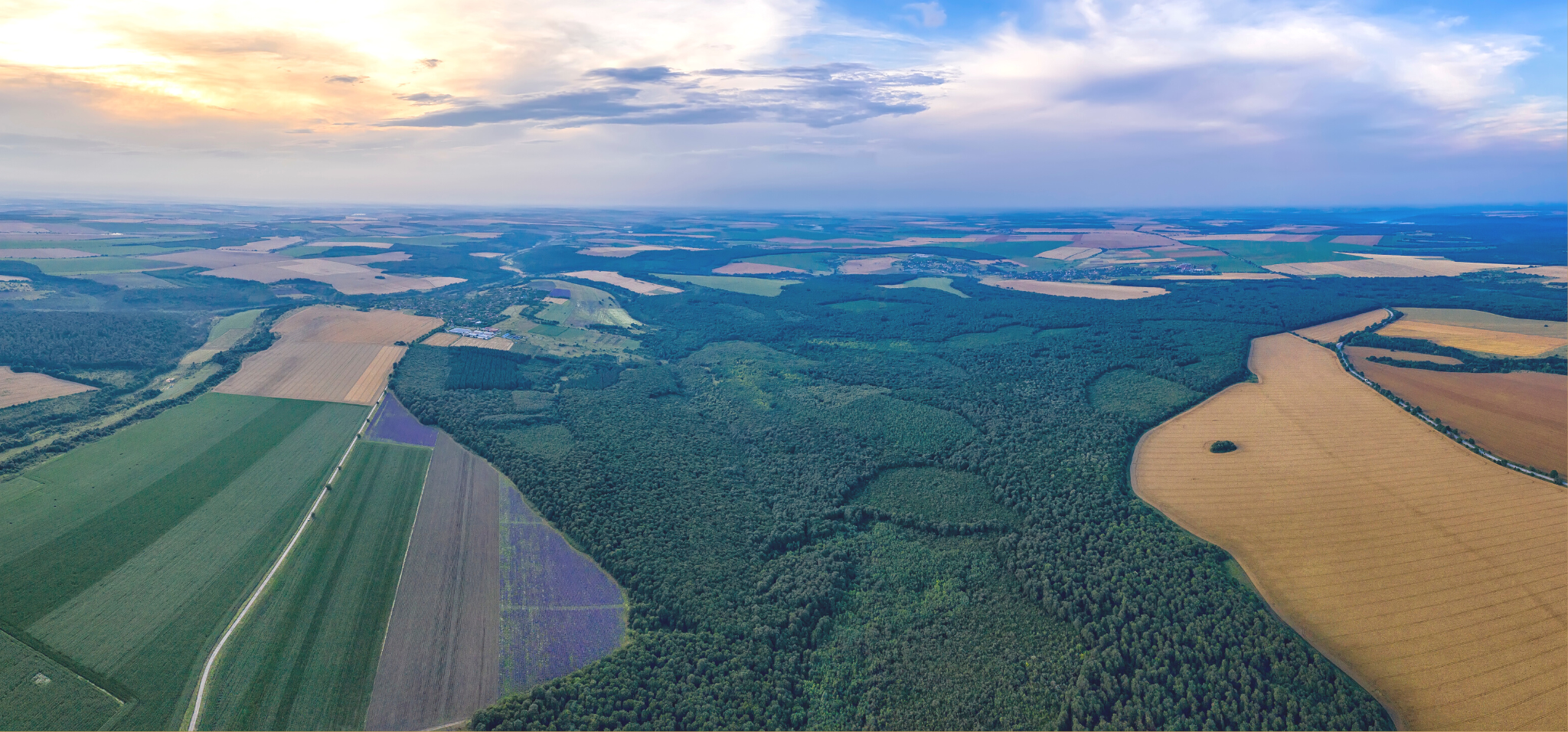
FABLE Scenathon: Envisioning pathways for sustainable food and land-use systems
The FABLE Scenathon acts as a facilitator for aligning national priorities with global sustainability goals and for promoting comparability across countries’ efforts to transform their food and land-use systems. Through the Scenathon, FABLE members work to close substantial gaps in food and land-use planning, particularly the absence of quantitative targets hindering the monitoring of countries’ achievements. This collective exercise contributes to actionable commitments and bridges the science-policy gap in the food and land-use system transformation.
The modelling of integrated long-term pathways holds great potential to enhance consistency across forthcoming submissions, such as the Nationally Determined Contributions (NDCs) to the UNFCCC, the Long-Term Low Emission Development Strategy (LT-LEDS), biodiversity strategies, and pathways resulting from the UN Food Systems Summit.
As part of this year's Scenathon, country teams are testing three alternative pathways for 2050, using the FABLE Calculator, MAgPIE, and GLOBIOM.
• The Current Trends Pathway: Examining the consequences of maintaining existing policies and trends observed during the last decade.
• The National Commitments Pathway: Exploring the potential outcomes if current government pledges and national goals are met.
• The Global Sustainability Pathway: Envisaging the impact of additional actions to achieve global sustainability goals, including the Sustainable Development Goals (SDGs), the Paris Agreement, and the Kunming Montreal Agreement.
Each country's results will align with assumptions made by other country teams regarding international agricultural trade, a crucial factor influencing national land-use policies. By connecting model results from every country, the 2023 FABLE Scenathon aims to provide a comprehensive view on our collective progress toward key sustainability objectives, revealing areas where policies are regressive and pinpointing critical areas requiring immediate action.
The Feedback from stakeholders is critical in shaping the 2023 FABLE Scenathon
Incorporating diverse perspectives ensures a comprehensive understanding of the intricate challenges facing sustainable food and land-use systems. FABLE invites decision-makers, scientists, experts, farmers, civil society organizations, and businesses to participate in its public consultation and share their insights to shape new pathways for sustainable food and land-use systems.
These insights allow FABLE researchers to align their assumptions with real-world practicality and feasibility, enhancing their relevance in informing national and global policy processes.
The Outcome:
Results from previous Scenathons have supported ministries to better understand their country's current food and land-use systems, identify challenges, and make informed decisions on resource allocation and interventions.
The findings have been published in FABLE Reports (2019, 2020), policy briefs (2021, 2022a, 2022b), and scientific articles. Notable publications include FABLE’s Special Feature ‘Globally-Consistent National Pathways towards Sustainable Food and Land-use Systems’, published in Sustainability Science (2022 – 2023), and ‘A decentralized approach to model national and global food and land-use systems’, published in Environmental Research Letters (2023).
Stay tuned:
Join us in our collective effort to create a better future for our food and land-use systems. Your participation and engagement could make a real difference.
Register for our newsletter to stay updated on the future FABLE pathways, publications, events, and other projects related to sustainable agriculture and food systems led by the UN Sustainable Development Solutions Network (SDSN).